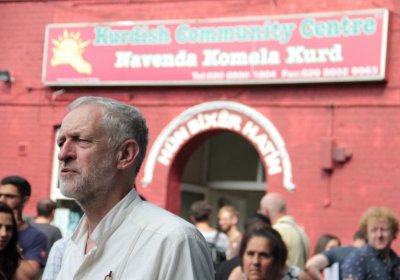Britain’s departure from the European Union without a deal would make a united Ireland and the break-up of Britain more likely, British Prime Minister Theresa May told MPs ahead of a January 15 vote on her government’s Withdrawal Agreement that it has negotiated with the European Union. May dramatically lost the vote by 432-202.
It is the first time May has admitted British rule in Ireland and Scotland could be jeopardised by Brexit.











